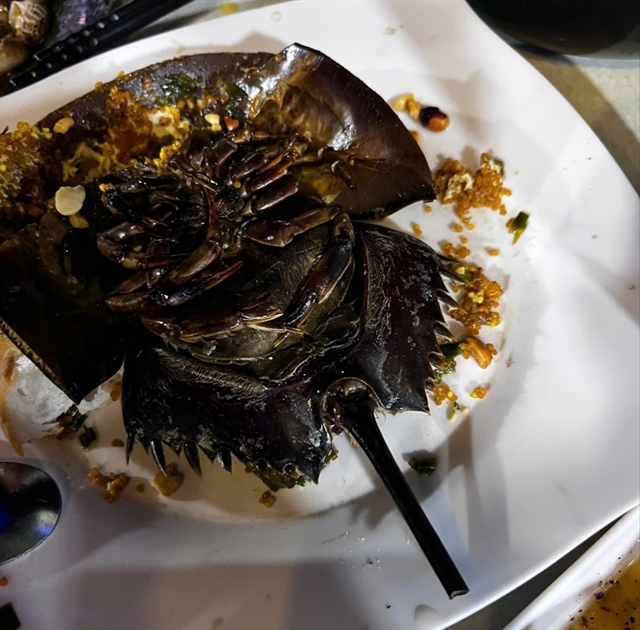 Society
Society

Using iodine in salt, a health step long enforced in Western countries, cannot by itself improve iodine shortages in Vietnamese people, experts agreed at a conference held last week in Hà Nội.
 |
| Using iodine in salt, a health step long enforced in Western countries, cannot by itself improve iodine shortages in Vietnamese people, experts agreed at a conference held last week in Hà Nội.— Photo hanoimoi.com.vn |
HÀ NỘI – Using iodine in salt, a health step long enforced in Western countries, cannot by itself improve iodine shortages in Vietnamese people, experts agreed at a conference held last week in Hà Nội.
The conference, run by the Việt Nam Union of Science and Technology Associations (VUSTA) and the United Nations Children’s Fund (UNICEF), was told that that Decree 09/2016/NĐ-CP issued by the Government on September 28 last year, regulated the micro improvement in food to overcome the shortage.
The decree gave enterprises one year in which to supplement iodine into ingredients for processed food.
However, a survey on July this year conducted by the Ministry of Agriculture and Rural Development (MARD) and the Ministry of Health (MOH) at several fish sauce processing enterprises showed that not one had followed the rule. Only salt processing enterprises observed the rule.
Phạm Quang Tùng, an official from MARD, said enterprises said that salt being used to preserve fish must be kept for more than one year to eliminate different impurities. If iodine salt was preserved for more than one year, the iodine would not remain, they said.
The enterprises were afraid that iodine salt would change the colour and taste of their products. Moreover, no pilot fish sauce products being made from iodine salt have ever been developed.
Other research by the MOH showed that only six per cent of residents used iodine salt in their daily meals, and most of them were ethnic minorities.
Experts at the conference also showed the consequences of iodine shortage on people’s health, especially pregnant women and children.
Nghiêm Vũ Khải, deputy chairman of the VUSTA, said that the VUSTA would further proposals related to the use of iodine supplements in food to the Government and concerned organisations. – VNS




